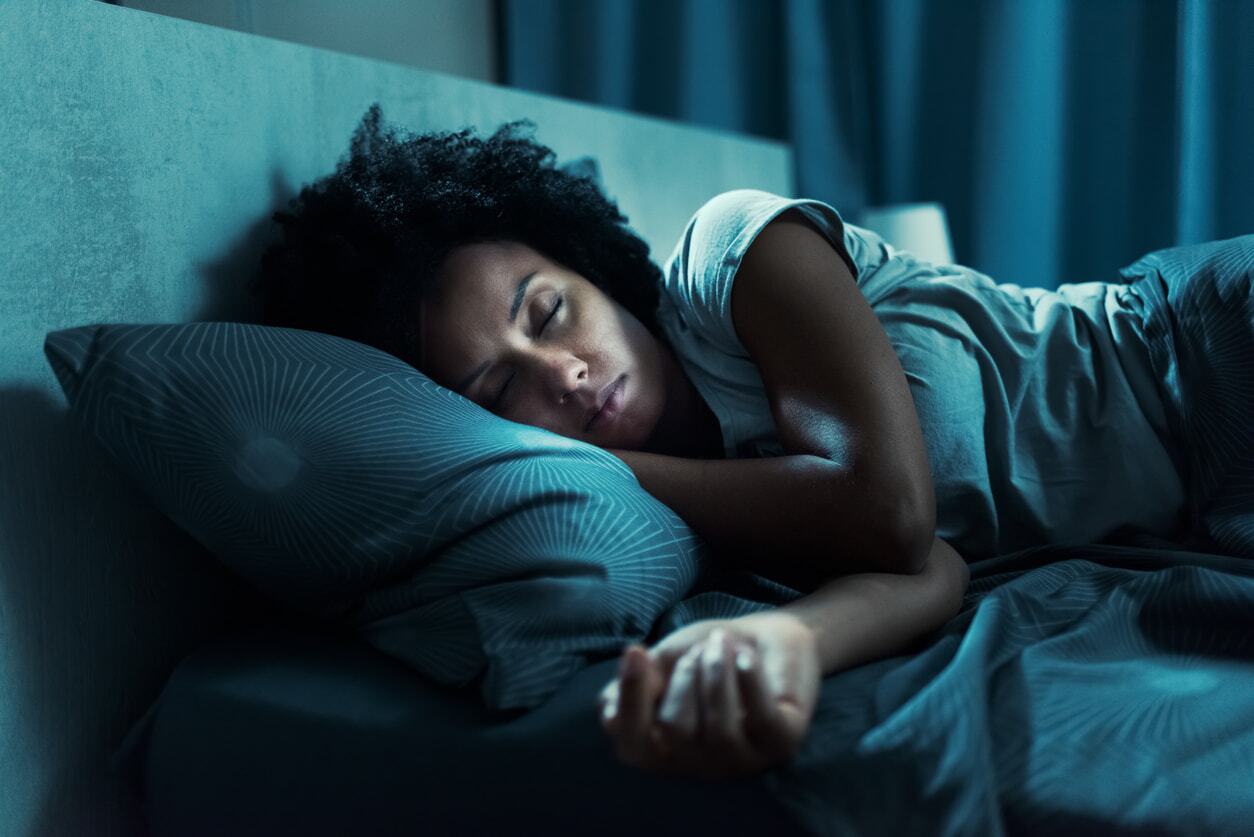Paceline is building the first unified wellness platform that incentivizes good health and good finances by unifying the two. Start getting financially rewarded for working out by downloading the app and applying for the Paceline Card, a health and wellness credit card, today.
In this new franchise, we attempt to quantify the value of certain health behaviors. First up: how much your sleep is worth.
Recovery is finally getting the attention it deserves when it comes to how important it is for your overall health and fitness. No longer is it “cool” to grind out insane work hours and workouts at the expense of regeneration, and sleep in particular.
Sleep is the foundation of your health, and not getting enough of it has been linked to worse mental health, headaches, joint pain, and even blood pressure and blood sugar problems.
Of course, one night of bad sleep won’t do you in. It’s about your sleep patterns over time, so don’t stress about the occasional “off” night. But the facts are clear: Investing in sleep can save you cold hard cash in the long run. Here’s what you can expect when you invest in rest.
Fewer trips to the doctor
Because sleep keeps you healthier overall, fewer doctor visits is a major perk of being well-rested, says W. Christopher Winter, MD, a sleep specialist and author of The Rested Child. It’s hard to estimate exactly how much the average doctor visit costs because insurance coverage varies widely, but co-pays tend to range from $15 to $50 per visit. If you’re self-paying, the cost could rise to up to $330 for a single visit. Whether you’re shelling out a co-pay or the full cost of your visit, it’s safe to say that fewer trips to the doctor each year is better for your wallet.
Better chances of avoiding injuries
This is particularly true if you’re older, according to Winter. But the risk of getting injured when you’re exhausted applies to people of all ages. One study showed that teens who slept less than eight hours a night were almost twice as likely to get injured playing sports. (Imagine how that might translate to your zombie-status gym workouts.)
Faster response time
That means more accuracy in your actions. In fact, a plethora of research shows that athletes who are sleep deprived tend to react slower than those who are well-rested. So ensuring you have a solid sleep bank behind you could mean the difference between correcting that misstep on a trail run and twisting your ankle, or the key to catching that dumbbell before it lands on your foot.
On the more extreme side of things, The National Highway Traffic Safety Administration estimates that every year about 100,000 police-reported, drowsy-driving crashes result in nearly 800 fatalities and about 50,000 injuries. What’s more, research shows that at least 17 hours without sleep can produce the equivalent cognitive and motor impairment as a blood alcohol concentration of 0.05%. (In some states, that can be enough to charge you with a DUI, DWAI, or DWA.) So sleeping enough might both keep you safe and help you avoid costly incidents. (The average cost of a car crash where no injury is observed has been reported around $12,500.)
Lower risk of chronic health issues
While you won’t end up with serious health issues because of a few nights of poor sleep, or a bad night every once in a while, consistently skimping on it can up your risk of costly problems down the line. One of the top ones affected by sleep is probably cardiovascular disease, according to Winter. One global systematic review found that heart disease and high blood pressure cost people between $500 and $1,500 per episode (i.e. a doctor appointment or needing testing).
Also related to lack of sleep, Winter says, are diabetes and obesity. Again, the potential savings here are significant: The average cost of obesity per year in the US is estimated at $4,879 for women and $2,646 for men, and people diagnosed with diabetes spend an average of 2.3 times more on medical costs than those without diabetes, according to the American Diabetes Association.
Higher earning potential
Staying up late or getting up super early in the name of getting more done might seem like a great way to be productive. The catch: “The quality of work we do is not often worth the sleep deprivation,” Winter notes. Over time, sub-par work could add up to missed opportunities for promotion or advancement, so getting your zzz’s may actually boost your take-home in the long run.
So… what can you do?
First, it’s important to know that not getting “enough” sleep is relative. Some people thrive on seven hours of shuteye, and others need more like nine to feel rested. “Research seems to indicate getting less than seven and more than nine to 10 might be associated with mortality risk,” Winter explains.
So like most other aspects of health, there’s no golden rule that everyone should follow to “get it right.” That said, you probably have a pretty good idea of how much sleep you need to achieve that “ready to roll out of bed” feeling in the morning.
Some simple ways to help yourself hit that goal are:
Skip sleep-harming habits. These include things like caffeine (which can take as long as 8 hours to fully wear off), drinking alcohol before bed (it keeps you in the lighter stages of sleep, so you don’t feel as rested), and large meals close to bedtime (your digestion can keep you awake).
Shape your sleep environment. Your bedroom doesn’t have to be a perfect oasis, but keeping it dark, cool, and clutter free can help you sleep easier.
Remember that your bed is for… sleeping. Spending too much time in bed can actually lead to insomnia, Winter says. A good rule of thumb: If you’ve been in bed for 20 minutes and haven’t fallen asleep, get up and do something relaxing until you feel tired enough to hit the hay.


